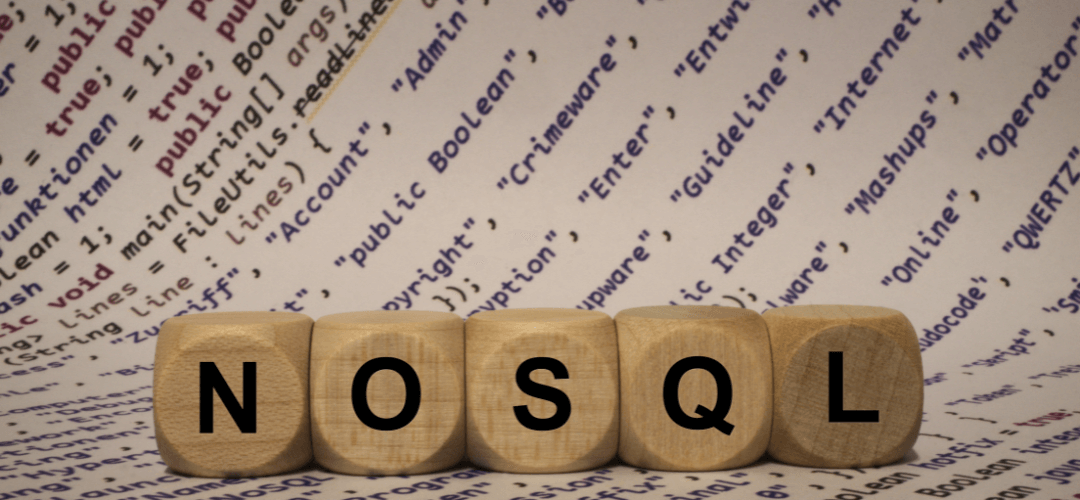A non-relational database system stores data in a non-tabular format. Non-relational databases are designed to handle large amounts of unstructured or semi-structured data. This makes them ideal for handling complex and dynamic data sets, unlike traditional relational databases.
Here are 10 facts about Non-relational Databases:
- Non-relational databases, also known as NoSQL, do not require a predefined schema or structured query language (SQL) like relational databases.
- The structure of non-relational databases does not use traditional tables, rows, and columns. Instead, they use various data models such as documents, key-value pairs, or graphs to store data, providing more scalability and adaptability than traditional relational databases.
- Applications that require high availability and scalability, such as social media, e-commerce, and games, commonly use NoSQL databases. Additionally, big data applications for data processing and analytics use NoSQL databases.
- Polyglot persistence is an approach where NoSQL databases and relational databases work together to provide a more comprehensive data management solution.
- NoSQL databases have the advantage of being able to scale horizontally.
- As the amount of data being processed increases, more hardware can be added to the system to increase the load. This allows NoSQL databases to handle extremely large data sets without performance issues.
- NoSQL databases are schema-agnostic, meaning they can handle unstructured and semi-structured data types in addition to structured data types.
- They provide greater flexibility than traditional relational databases when it comes to data modeling and indexing.
- Non-relational databases offer better performance than relational databases for some types of queries, especially those that involve complex joins or aggregations.
- Organizations can run NoSQL databases on-premises or in the cloud, depending on their requirements.
Ready to explore how non-relational databases can transform your data management approach? Contact us today to learn more.

